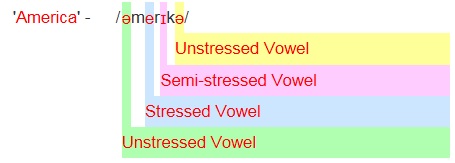Lesson 2
How to say it - /e/ and /ə/ sounds
Introduction
/e/ sound
This sound has the mouth in a similar position to /ɪ/, except the tongue is lower and the mouth is more open.
Be careful! The /e/ sound is common in English, in words such as:

/ə/ sound
This is the most common sound in English, but many students don't know about it because it is a spoken sound only, and it is not written. The name of this sound is a 'schwa'.
English words usually have one stressed vowel sound, and maybe one semi-stressed vowel sound. Stressed sounds are pronounced louder and slower than other sounds. Semi-stressed vowels are pronounced a little louder and slower than other sounds. All the other vowels are unstressed, and use /ə/ or sometimes /ʌ/. People with different accents use the schwa differently. Some accents have it more, whereas some have it less.
Example:

/ə/ and weak forms
To improve your English pronunciation a lot, learn the correct pronunciation of the words in the white box below.
Many of the very common short English words have unstressed vowels. Therefore, they are easier to say more quickly so that you can fit them into a sentence stress pattern. Learning the pronunciation of these words will improve your use of stress and make your English sound much better.
| Spelling of the word | Strong form with a stressed vowel sound | Weak form with an unstressed vowel sound |
|---|---|---|
| a | /æ/ | /ə/ |
| an | /æn/ | /ən/ |
Video of Mouth
Follow the instructions as they appear in the video.